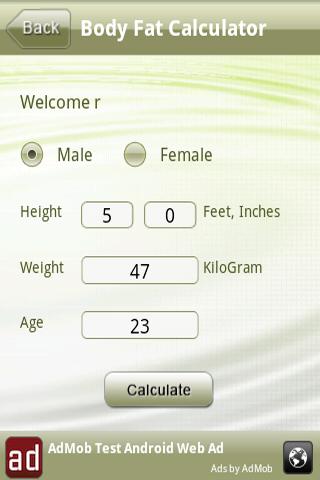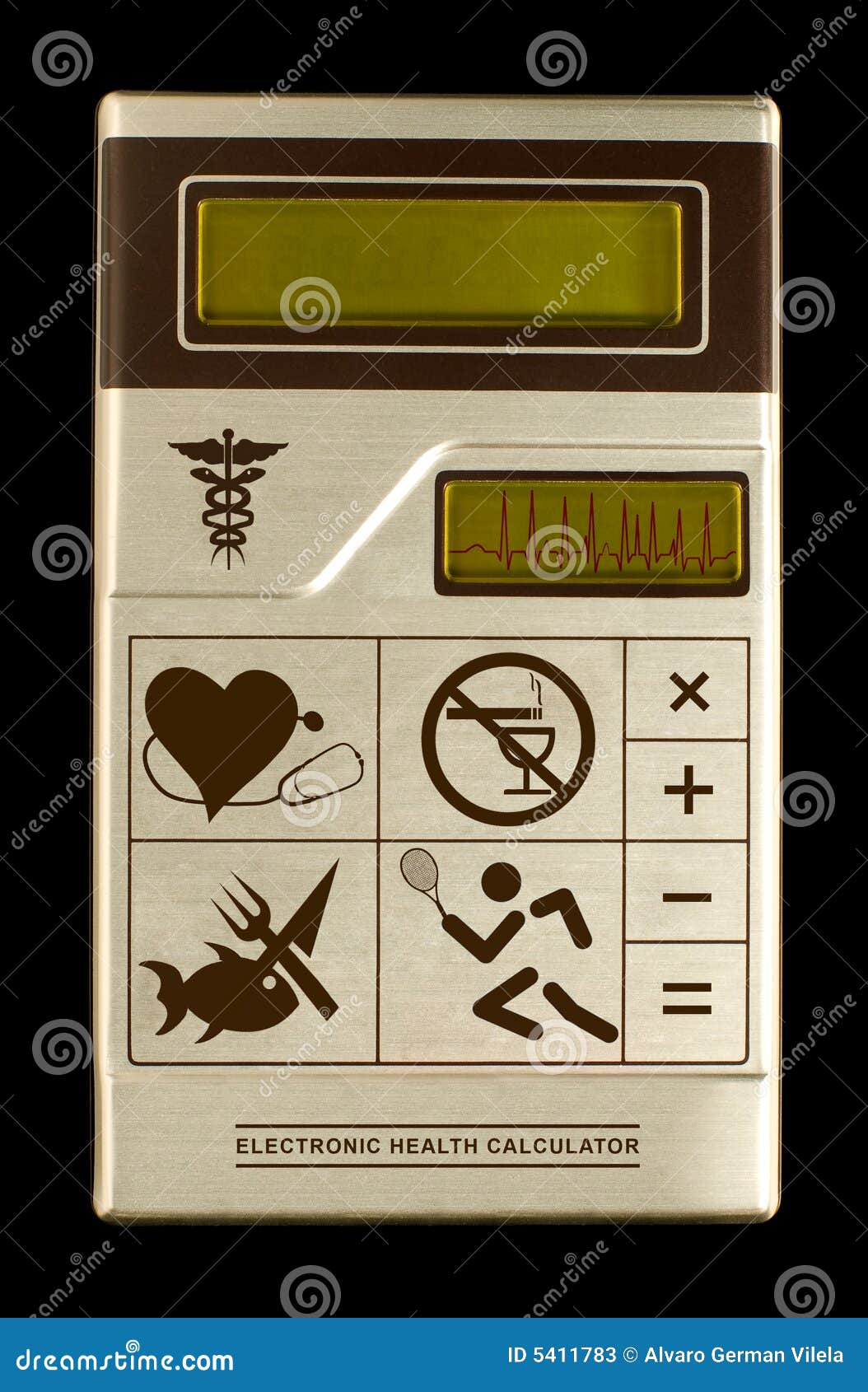

It’s worth tracking your muscle gain by measuring your body every couple of weeks. Only looking to gain muscle, without losing fat? You’ll have to eat a little more than your TDEE calorie value (scroll up to calculate your TDEE).Įating between 250-500kcal extra per day in addition to your TDEE will help with muscle gain, along with getting the right amount of protein and ensuring you’re stimulating muscle-protein synthesis (growth) by doing weight training. Stick with it, though – you may need to adjust your diet and exercise regime if you’re not seeing any progress. This is the body’s way of preserving itself during periods of starvation, so unfortunately, weight loss isn’t always a linear process. muscle growth, which decreases the amount of muscle lost during calorie-restriction.Īdditionally, after extended periods of dieting, the body typically adjusts to eating less and weight loss can often slow down. Two things are known to minimise the amount of muscle mass that you lose while dieting:Įating enough protein and training with weights is known to promote muscle-protein synthesis, i.e. This isn’t completely accurate, however, as during periods of caloric deficit, your body will also use energy from muscle mass, which means you can lose lean tissue while dieting, too. There are approximately 3500kcal in 1 pound of fat, which means if you ate 500kcal less than your TDEE for 7 days, you should technically lose around 1 pound. To lose weight, it’s often recommended that you subtract around 500kcal from your TDEE, so your body uses energy from your fat stores. Not everyone’s TDEE is the same, as lots of factors can affect how much energy your body burns every day, like age, gender, height, weight, genetics, and activity level (i.e.They say the average TDEE for women is around 2000kcal per day, whereas the average TDEE for men is around 2500kcal per day, however in reality, there is no one-size-fits-all for TDEE.It’s useful to calculate your TDEE to know how many calories you should be eating to maintain, lose, or gain weight (dependent on your goals).calories, your body burns every day performing its bodily functions and also physical movement like daily activities and exercise.

Your TDEE is your ‘total daily energy expenditure’.It doesn’t include the calories your body uses for exercise or general movement.

calories, your body requires to remain functioning.
#Health calculator tdee full
The amount of energy you consume directly affects your body composition – full stop – so you need to know how much to eat every day. If you eat more calories than your body uses up, it’ll store the excess energy as body fat, which over a long period of time can cause unwanted weight gain. But is it really a simple case of calories in, calories out? If you’ve ever tried to lose weight, you’ve probably heard of calorie counting.


 0 kommentar(er)
0 kommentar(er)
